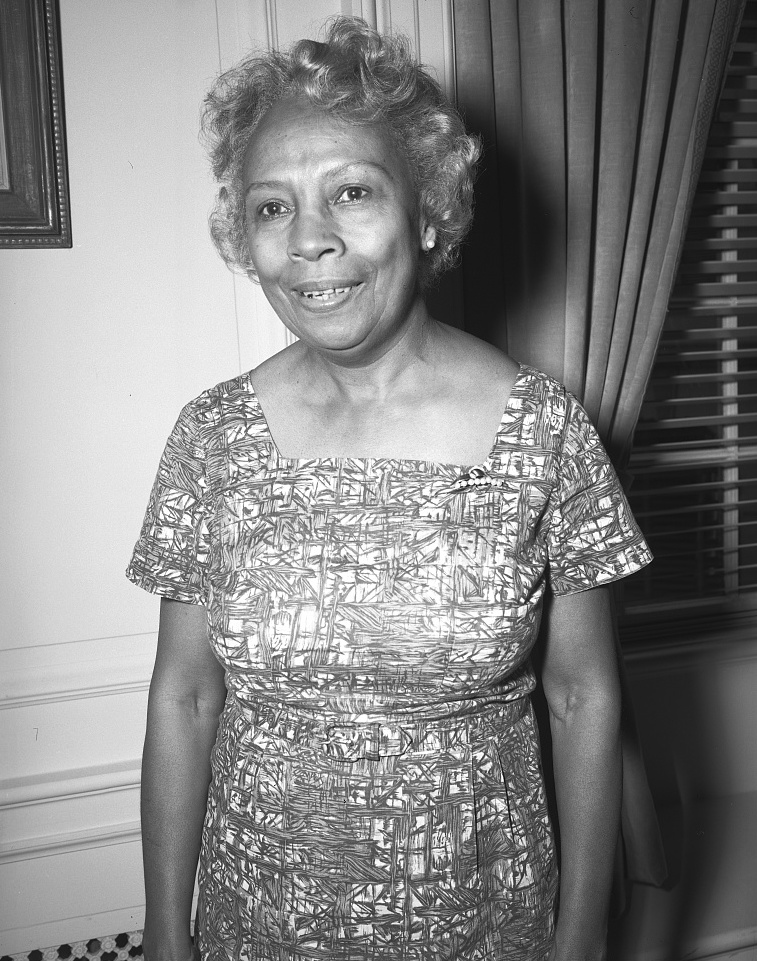By Wayne J. Dawkins
NABJ Black News & Views
While I took part last month in a workshop among fellow academics focused on the Black-owned press, the group was told that before Howard University librarian Dorothy B. Porter spoke up, the only Dewey Decimal [library] System categories for Black people were slavery and colonization. Thanks to Porter, the first Black American to earn a graduate library science degree from Columbia University [M.S., 1932], categories were widened to Black authors and genres.
Expansion then; contraction attempts now.

It appears a few Southern governors are hell bent on erasing or marginalizing Black history and literature, alleging that the content is “woke” [their pejorative definition] or the material hurts white children’s feelings.
In Florida, ground zero of the ethnic cleansing, here’s an outrage reported by the Chronicle of Higher Education: A white male English professor at Palm Beach Atlantic University was summarily fired for teaching a subsection about Black struggle literature in his English Composition II class. Samuel Joeckel had been teaching the subsection for a dozen years at the private Christian campus. He said the content generated “really healthy discussion” in the classroom. Furthermore, the instructor of 20 years did not hear of any warnings or concerns from his administrators until mid-February. That’s when a parent alleged that Joeckel was “indoctrinating students.”
On the day the dean sacked the professor, he also said he was preparing that day for a campus visit by Gov. Ron “where woke goes to die” DeSantis.
In Virginia, fear of Black literature in a predominantly white suburban county catapulted Glenn Youngkin to the governor’s mansion. He campaigned against Toni Morrison, the Nobel Prize winner who is read in Advance Placement high school English classes. Nearly a decade ago, a white mom complained that her son was traumatized by the graphic imagery in Morrison’s novel “Beloved,” which depicted an antebellum-era Black mother killing her child rather than have her subjected to sadistic white treachery. The parental complaint was a potent political rallying cry.
Morrison this month is featured on the Women’s History Month U.S. Postal Service stamp. The previous month, Ernest Gaines, noted for writing “A Lesson Before Dying,” a narrative of race, injustice and resistance, was featured on the USPS Black History Month stamp.
Black erasure fever is spreading so quickly the CDC should investigate and deploy inoculation teams. At an elementary school, a third-grade Black girl proposed a costumed presentation honoring Bessie Coleman, the first Black American woman to earn a pilot’s license in the United States. The assignment was to focus on heroes. Alexandra Williams’ teacher vetoed the project, saying Coleman did not qualify as a hero.
However, Alexandra’s mom, a federal worker, offered the project to the Federal Aviation Administration, which welcomed the girl to present at agency headquarters. The 9-year-old was rewarded with a newly minted coin honoring Coleman plus a Barbie-style doll of the aviator. [Coincidentally, Phillip Washington, President Biden’s nominee to lead the FAA, was rejected by a cabal of GOP senators along with U.S. Sen. Kyrsten Sinema of Arizona, a former Democrat who switched to Independent. Sinema employed a procedural move to kill the Washington’s chance for appointment. Washington, chief executive of Denver International Airport and a 24-year Army veteran, withdrew his nomination].
If these macro aggressive assaults on broadening Black history, literature and culture are alarming, consider this: In Florida [yes, again] the principal of Tallahassee Classical School was fired because some sixth graders were shown an image of Michelangelo’s “David” sculpture. A parent called the 16th-century nude piece “pornographic,” the Tallahassee Democrat reported. The complaining parent missed the irony that their child was enrolled at a charter school for the gifted where students study the classics. In Florida, Western Civilization art is under assault, as is Black and Africana studies. Consider the Holocaust era warning: When the mob comes for a particular group, they will come for another, and another until no one is left.
Dorothy B. Porter set an example that should be followed in these times of banishing
knowledge and inquiry to darkness instead of opening to the light. When
Black history was defined only as slavery and colonization, Porter, working with multiple constituencies, expanded Black and Africana knowledge to categories that included art, anthropology, communications, education, geography, history, health, literature, medicine, music, sociology, sports, and religion. New knowledge must be pushed forward, not retreat.
The writer is a professor of professor of professional practice at Morgan State University in Baltimore.









